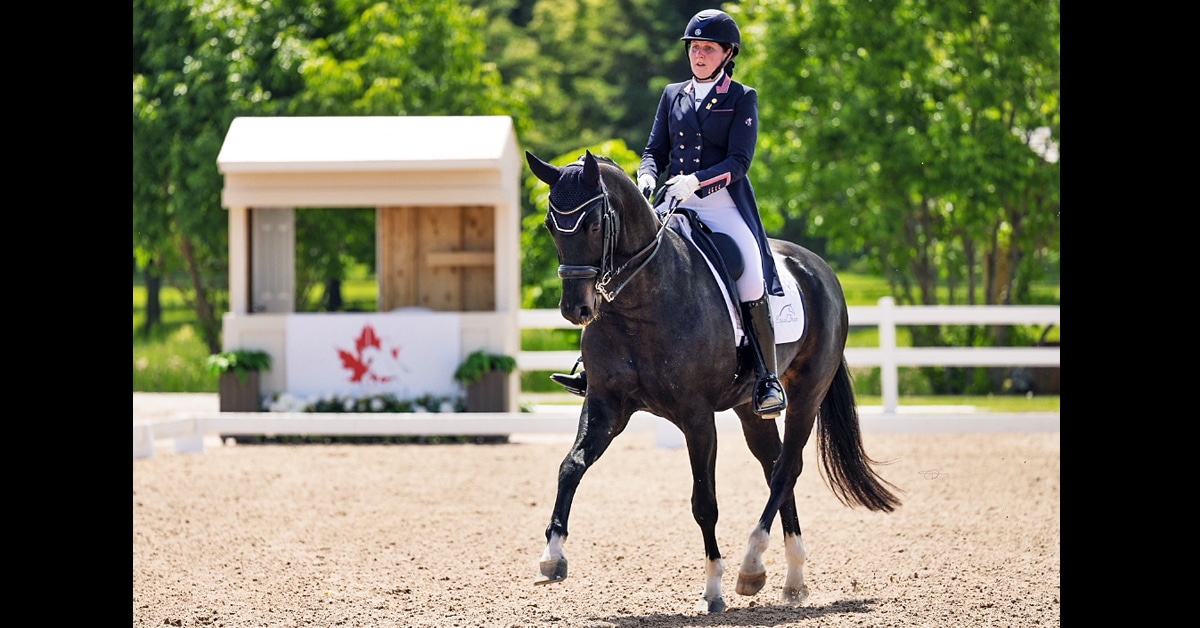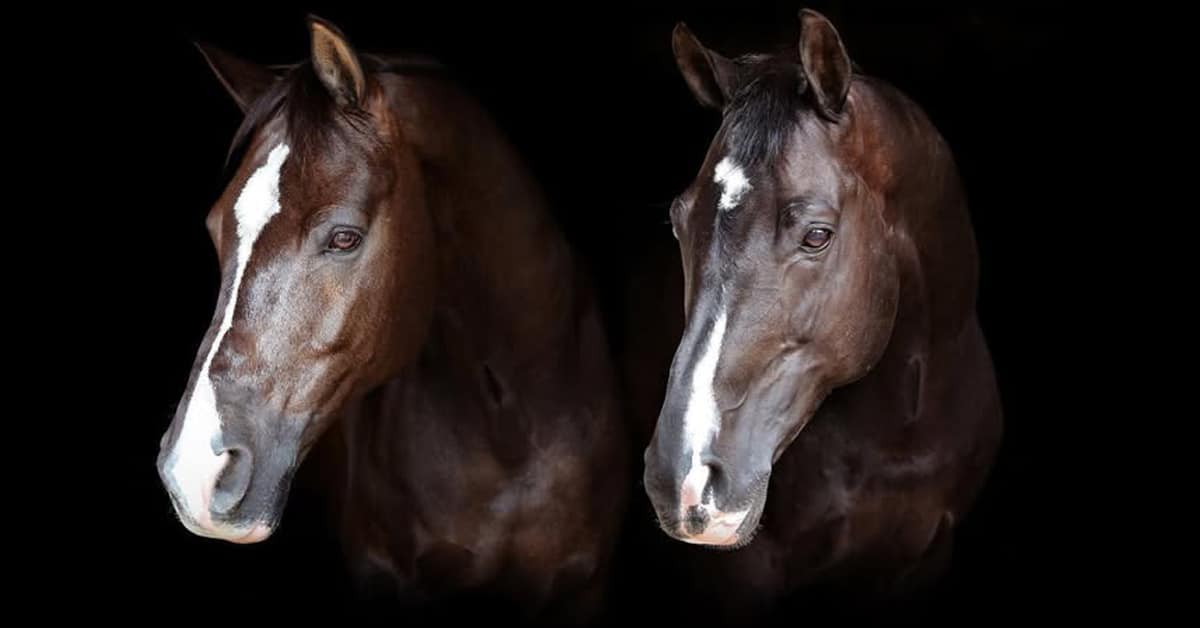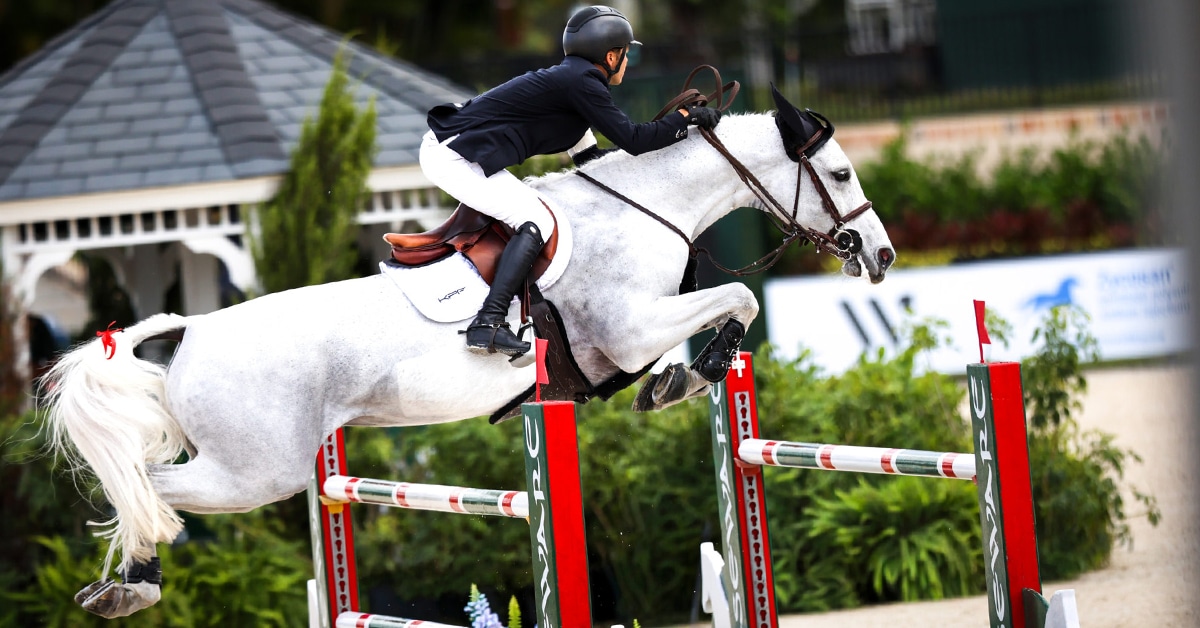The horse industry is abuzz with questions about the use of cannabis or cannabidiol, commonly referred to as CBD, for animals. Numerous products containing natural and synthetic cannabinoids have appeared on the market lately, which claim to have therapeutic benefits for horses. However, no such products have been approved for use in animals, and, in fact, they are prohibited in equestrian competition.
We asked Jean Szkotnicki, president of the Canadian Animal Health Institute, what it will take to see CBD legalized for animals in this country.
“Health Canada’s Veterinary Drugs Directorate is responsible for the review of data in support of a Drug Identification Number (DIN) being issued for a product,” she explained. “A DIN gives a company the right to market a product. Then the Regional Operation and Enforcement Branch has enforcement responsibilities, in terms of oversight and inspection, to ensure the product meets quality standards once in the marketplace.”
But before a company can apply for a DIN for their product, they must first provide some proof of efficacy.
“The technical requirements that need to be met depend a lot on the nature of the health claims being sought for a veterinary drug,” said Szkotnicki. “Trials addressing human and animal safety would have to be conducted as well as clinical efficacy and quality trials.”
Dr. Wendy Pearson, a professor of equine physiology in the department of animal biosciences at the University of Guelph, has been involved in many efficacy trials for equine products, and says she’s looking forward to researching the use of CBD for horses. But, she says, it’s a tricky subject.
“We don’t really have a scientific basis from which to make recommendations for horses. To my knowledge, there are exactly zero studies evaluating any kind of effect of CBD on horses.”
Dr. Pearson said the types of studies that would be required before equine health care professionals have any kind of basis for recommendations should include, as a minimum, “safety titration of dose.” This study (or series of studies) would seek to determine the safe range for a horse within those doses that are reported beneficial for humans (or other animals such as mice or rats). Once the safety range has been established, an effective dose would need to be determined. This will likely vary depending on the outcome measures researchers are looking for (i.e. lameness vs skin health vs cancer etc.).
“This is a huge task, that would require significant investment to tackle,” said Dr. Pearson. “My feeling is that if we can get CBD for horses manufacturers to step up and contribute to the cost of some of these studies, we will be able to accelerate the timeline for legalization. But as long as there is no investment from the industry, it’s unlikely that we will get a lot of legalization support from the government.”
At this stage, it is very much a buyer beware situation when it comes to purchasing CBD products for animals. Horse owners should exercise caution when using any untested drug or supplement.
More News










